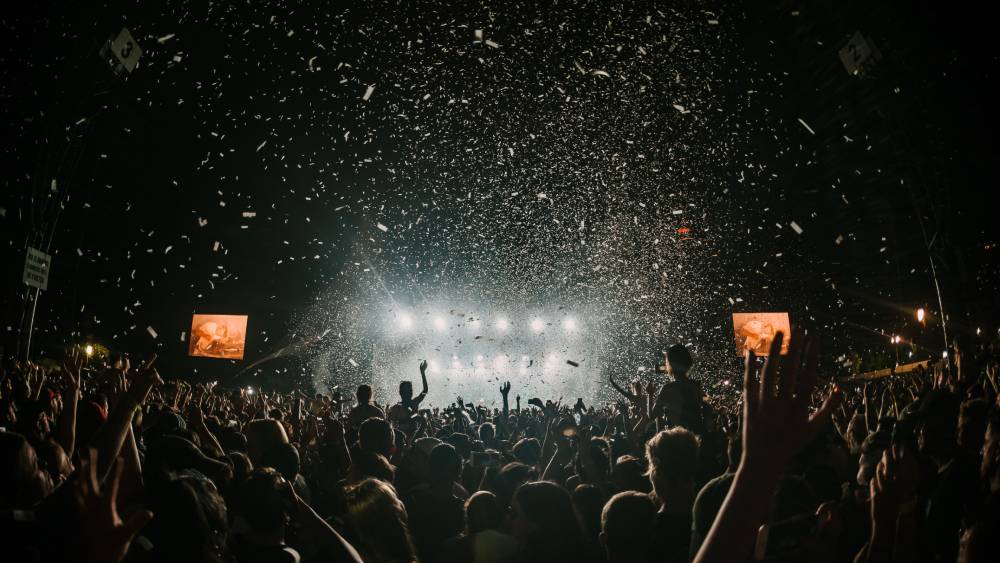Earlier this month, Leeds based record label and social enterprise Come Play With Me presented the latest instalment of their LGBTQ The Music series which sees a series of LGBTQ+ artists focusing on pressing issues within the music industry today. For this year’s event, the panel discussed the question: 'Should I market myself as a queer artist – or keep it to myself?’
Chaired by singer-songwriter Maya Kally, the panel included guests Mykki Blanco, Mickey Dale (Embrace) and Sadie Sinner (The Cocoa Butter Club and UK Black Pride founder), with each artist bringing their own unique experiences and insights to the discussion.
The event, which in previous years has taken place at Leeds’ Hyde Park Book Club, was held entirely online, in keeping with the current COVID-19 social distancing measures.
We caught up with Maya Kally to discuss LGBTQ The Music 3 and the issues that were raised. Prior to the interview, Maya Kally had been informed that funding had been secured for a new podcast series, which will cover LGBTQ+ topics with various guests who, in Maya’s words, will bring ‘different elements of everything to do with being a human being, more than just being an LGBTQ+ artist.’
The panel is available to watch in its entirety below.

.ashx?h=536&w=1000&la=en&hash=32869CAD6AA2934FA072EDBD73C3DD14)





